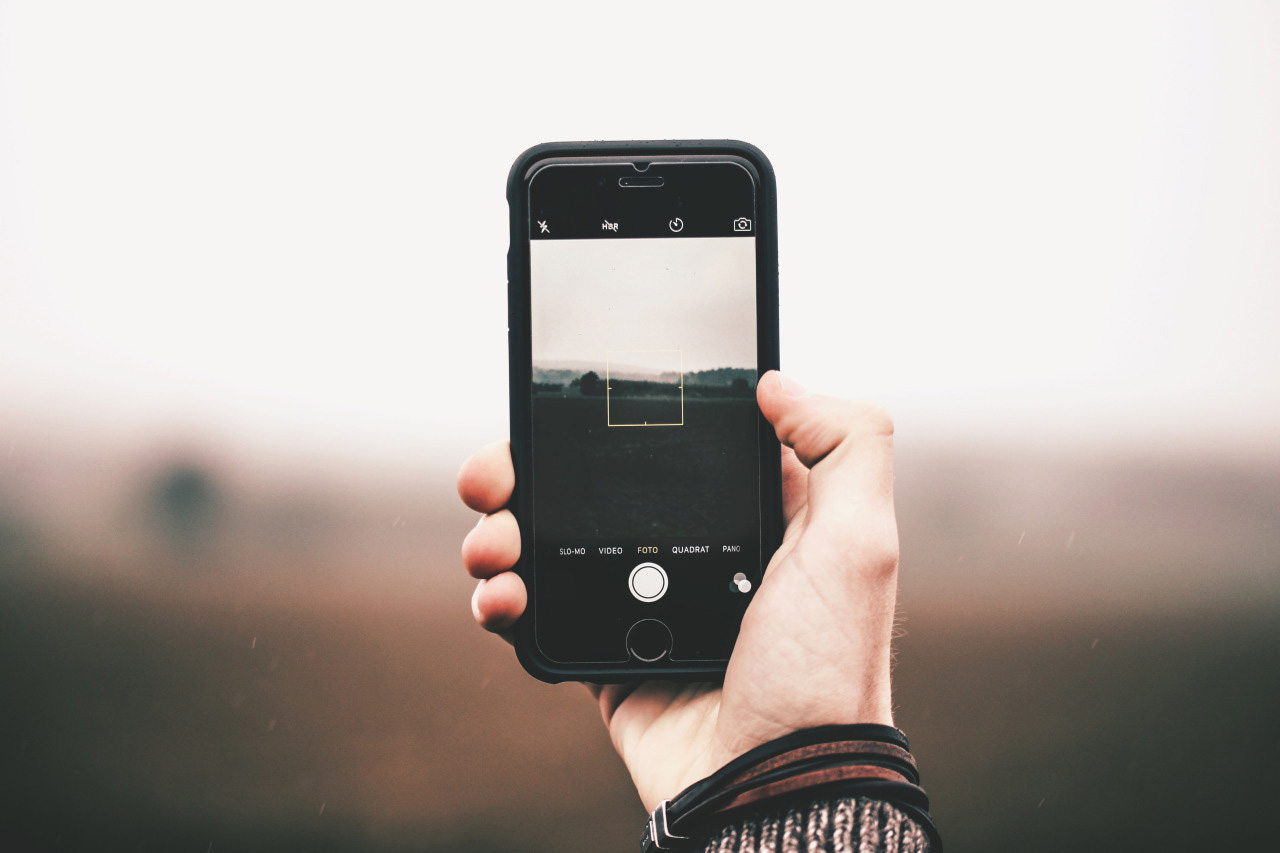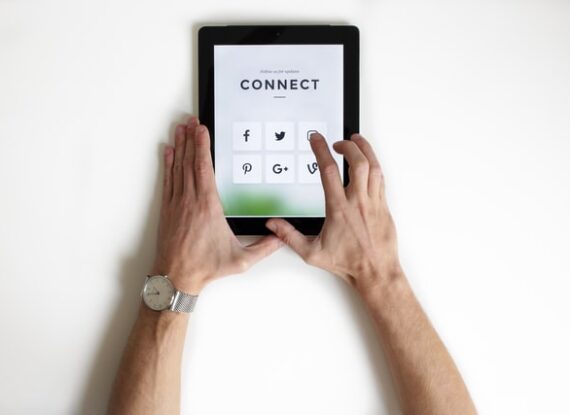The rise of the planet of the apps: The attention economy.
Siblings fight for their parents’ attention, people in a relationship sometimes fight because they feel the other person isn’t giving them enough attention. And your dog is constantly fighting to get your attention but does it seem like a ridiculous idea to think that multinational corporations and companies at this very instant are fighting for YOUR attention?
In today’s digital age, probably not.
Technology has evolved in ways beyond what is even fathomable and our relationship with technology is constantly growing and evolving but what if this relationship is turning toxic?
This idea of companies fighting for our attention seems absurd only because it is done ever so subtly but constantly — in the form of continuous notifications telling you what’s happening on the other side of the world thousands of kilometers away, telling you that your friend has texted you back, reminding you about that task that is to be submitted today, updating you about the sale that’s going on currently in the mall. Phew. *stops to catch breath* — how could you possibly ever do anything at all for at least 20 minutes straight without missing out on something that’s happening somewhere?
And we say we’re not addicted!
The answer is you really can’t — because something is always happening somewhere and technology by giving us access to all this information has fed into us the notion that we must also keep up with it making us feel left out when we are unable to do so, and it’s exactly this fear of missing out that makes us constantly pick our phones up only to put it down 5 hours later when a wave of guilt hits us only to pick it up again to wash this guilt off with some more scrolling.
“This universe in which your attention and data are gathered by a company and sold to advertisers for money is called the attention economy”
– Rega Jha on Nerding out (by Vitamin Stree)
And isn’t that what separates human beings from machines after all? — Feelings and thoughts, but it seems as if though we’re being thrown into a black hole of content to control these very emotions that differentiate us — carefully engineered algorithms and well-designed visual cues that leverage the human’s psychology all to trick the internet user’s mind to tunnel into this expanse of curated content suited specifically to our interests, keeping us hooked on for hours.
So, if someone has gone through a difficult breakup, they turn to their phone to drown their emotions in endless scrolling, if someone is living the best moment of their life, they immediately reach out to their phone to record it for instant validation from others and if someone’s just plain bored then they pick up their phone and before they know it hours have passed.
But isn’t that good?
Because you’re getting to avoid all the feelings and emotions and thoughts that you dread and boost the happy moments with those little spurts of dopamine you get when someone leaves a comment on your post or reacts to your story — the thing with this is while instant distraction helps us avoid our feelings temporarily, we will never know how to deal with it — be it fear, boredom, pressure, happiness or just sitting in silence alone with our thoughts that we’re constantly trying to run away from and while this seems just fine at the moment, deep down inside we all know it’s terrible for us in the long run.
“The technology that we have currently is an antidote to boredom and companies decided to profit off this boredom by making sure people are never bored and the problem with never being bored is you never get to actually think and in an inter-connected, over-watched, not bored way you sold your ability to have thoughts and you’re left with anxiety.”
-Kanan Gill, on the Overthink Tank Podcast
More scrolling , less feelings → less human , more zombie-like.
SO.. how can we break free?
*cue ‘I want to break free by the Queens*
Don’t freak out — there is hope! (a bit rich of me to say that after I’ve written a full one-page write-up scaring everyone about how humans are being tricked by capitalism into becoming more and more robot each day)
While there are companies built on the very foundation of getting our attention with each one fighting for a chunk of it, we aren’t completely over to the dark side either, we are aware of what’s happening, to a certain extent at least and we can still try to take control of our lives.
Here we list out some of the ways in which we genuinely think we can lead a healthier life, a life that we’re supposed to and deserve to:
1) Keep your phone away from your reach for 10 minutes a day at least — if you’re mostly in your bedroom then keep the phone in the kitchen, then it narrows down to deciding whether your mind’s addiction can overpower your body’s motivation to get up. — sounds silly we know but it works wonders especially for lazy ones like us.
2) Target the “mindless” scrolling aspect by budgeting your attention! — just like how companies view your attention as some limited entity that they fight for, probably you should adopt that mindset too! When you start viewing your attention as money that should be spent wisely each day, you try to structure your day with activities that can really make a difference to you and others — like spending time with the people around you, reading a book, watching a movie (preferably not a tv series that’ll make you fall into a portal of binge-ing again!), cooking, gardening or just staring at the clouds for some time and once you feel like you’ve done all the things you’ve wanted to — then spare some time out for your phone.
3) Have a digital detox time — you could start with anything small even something as small as 5 minutes (or lesser!) — but do it every day — consistency is the more difficult part than the actual time away from your beloved phone. Switch off your Wifi so if there’s anything really that important, people can call you up.
Small duration of keeping your phone away for some time can lead to a big increase in your brain’s productivity and focus, no cap.
So that’s that — moral of the blog: capitalism sucks, but we all know the world would be less fun without the advances that come with it. Be aware of who’s really controlling you — you, your phone, or someone manipulative (we are afraid this blog post isn’t meant for solutions to combat the latter but we definitely hope it helps if you’re being controlled by the second factor).





